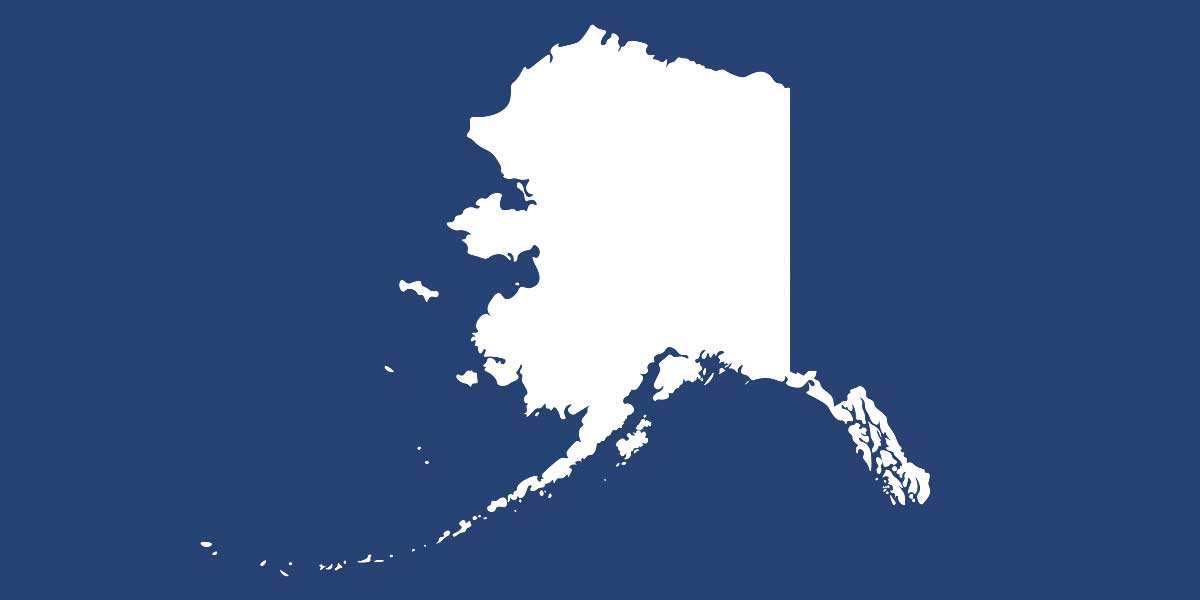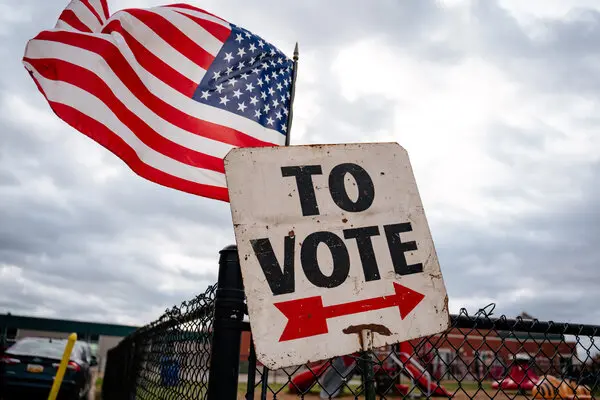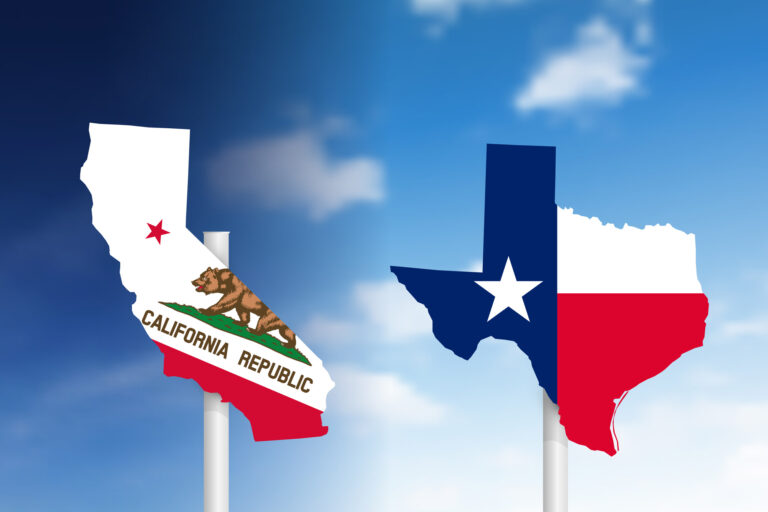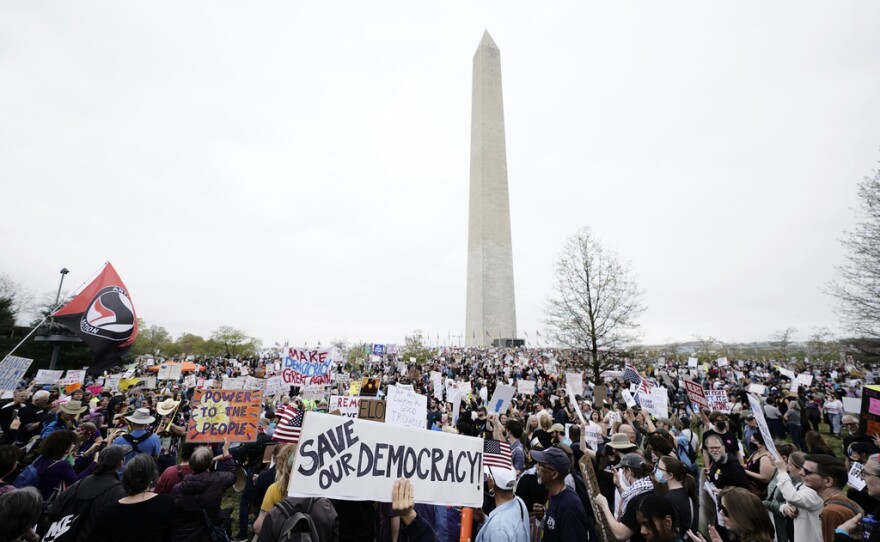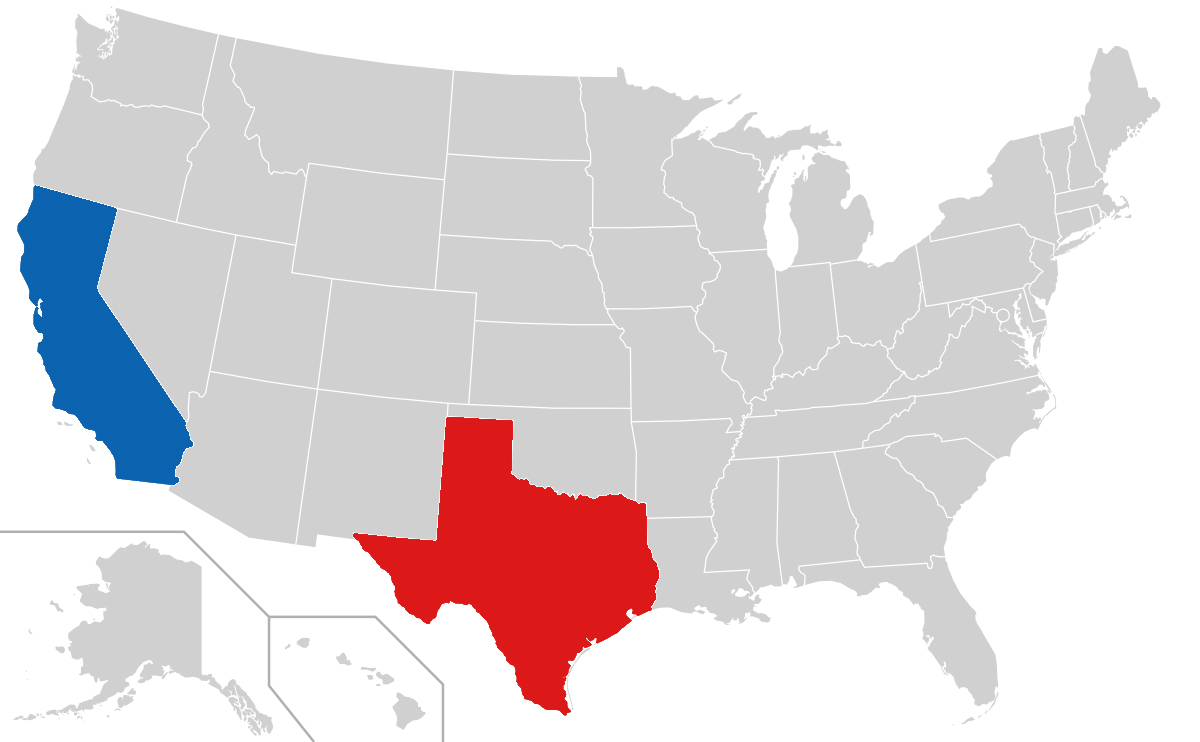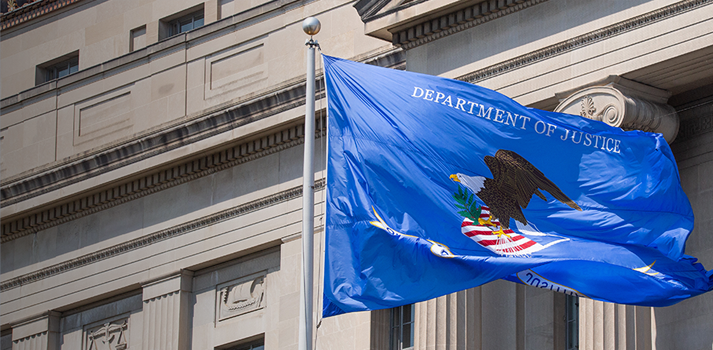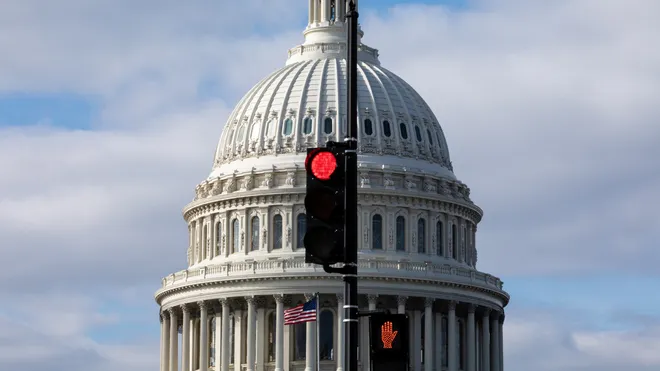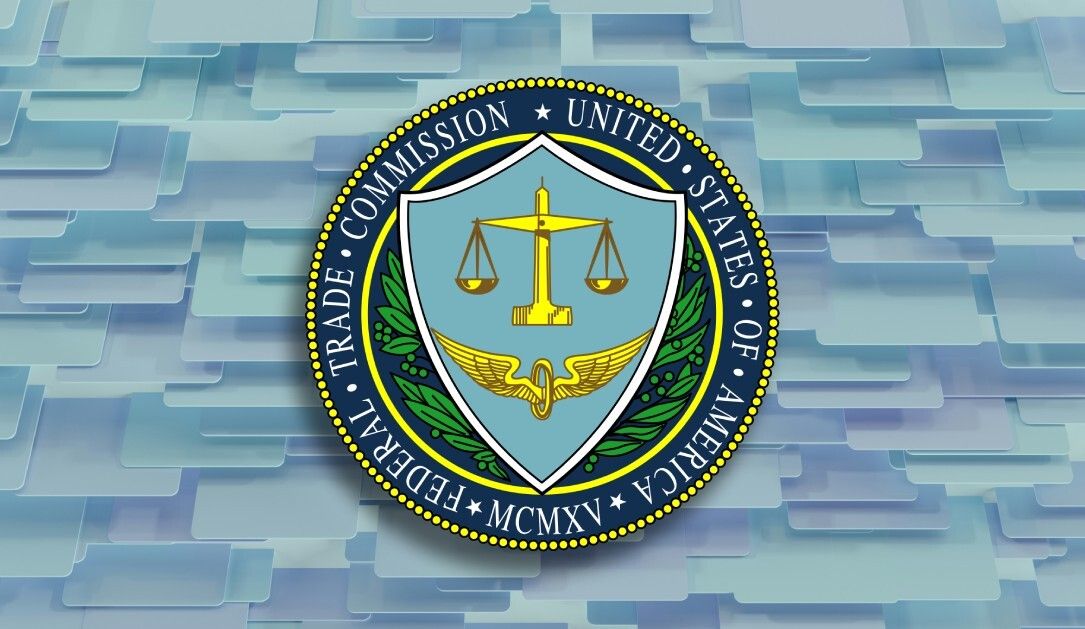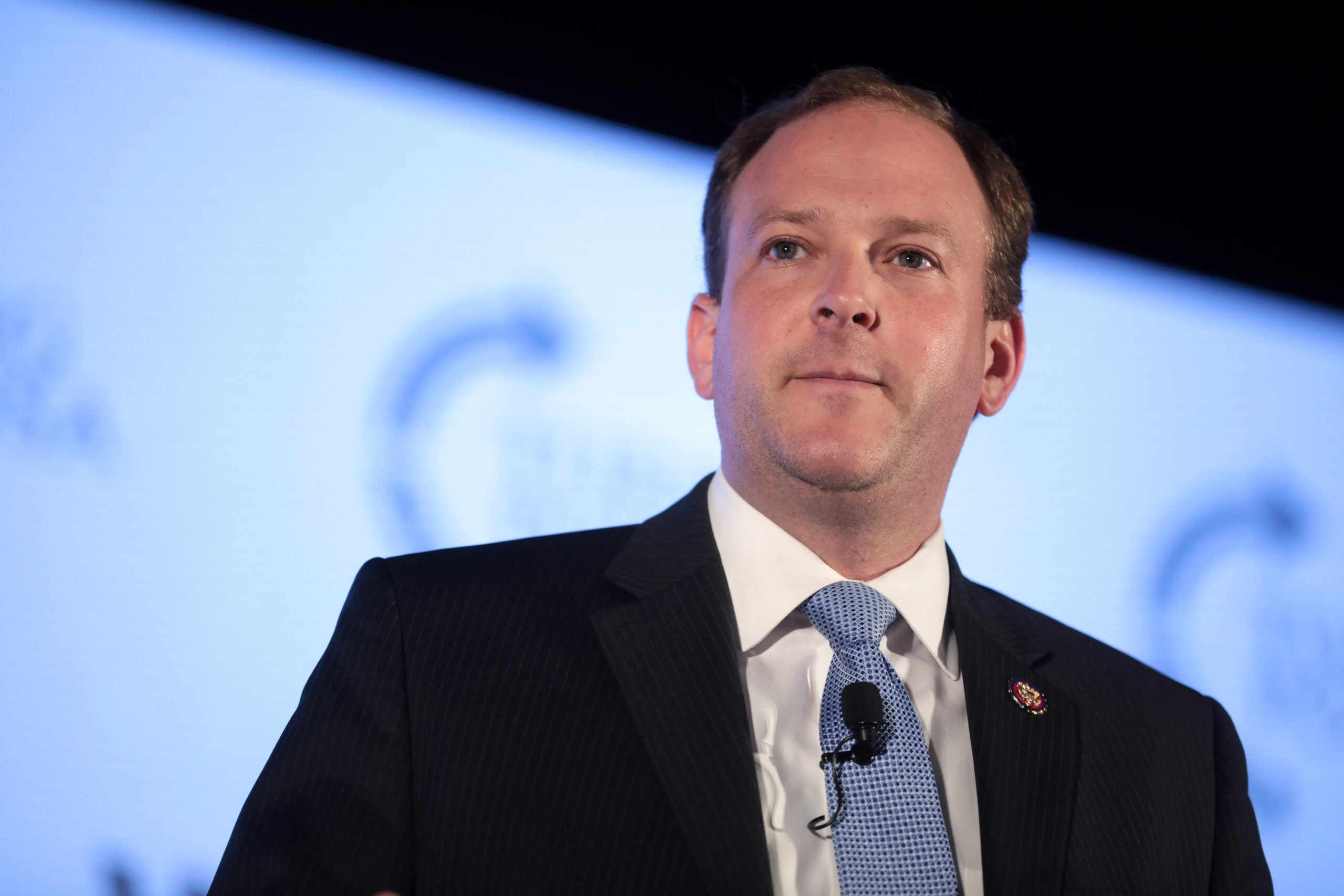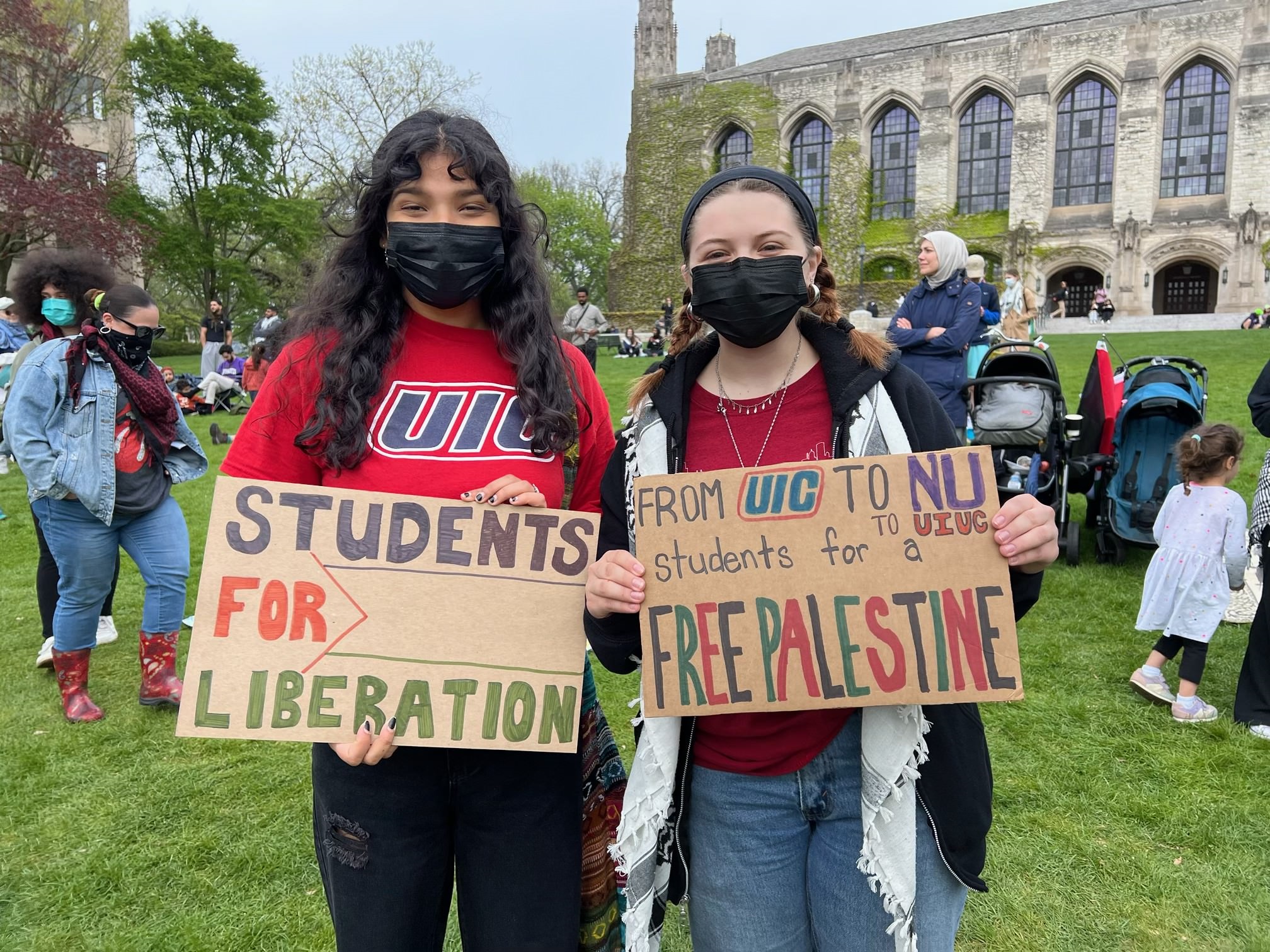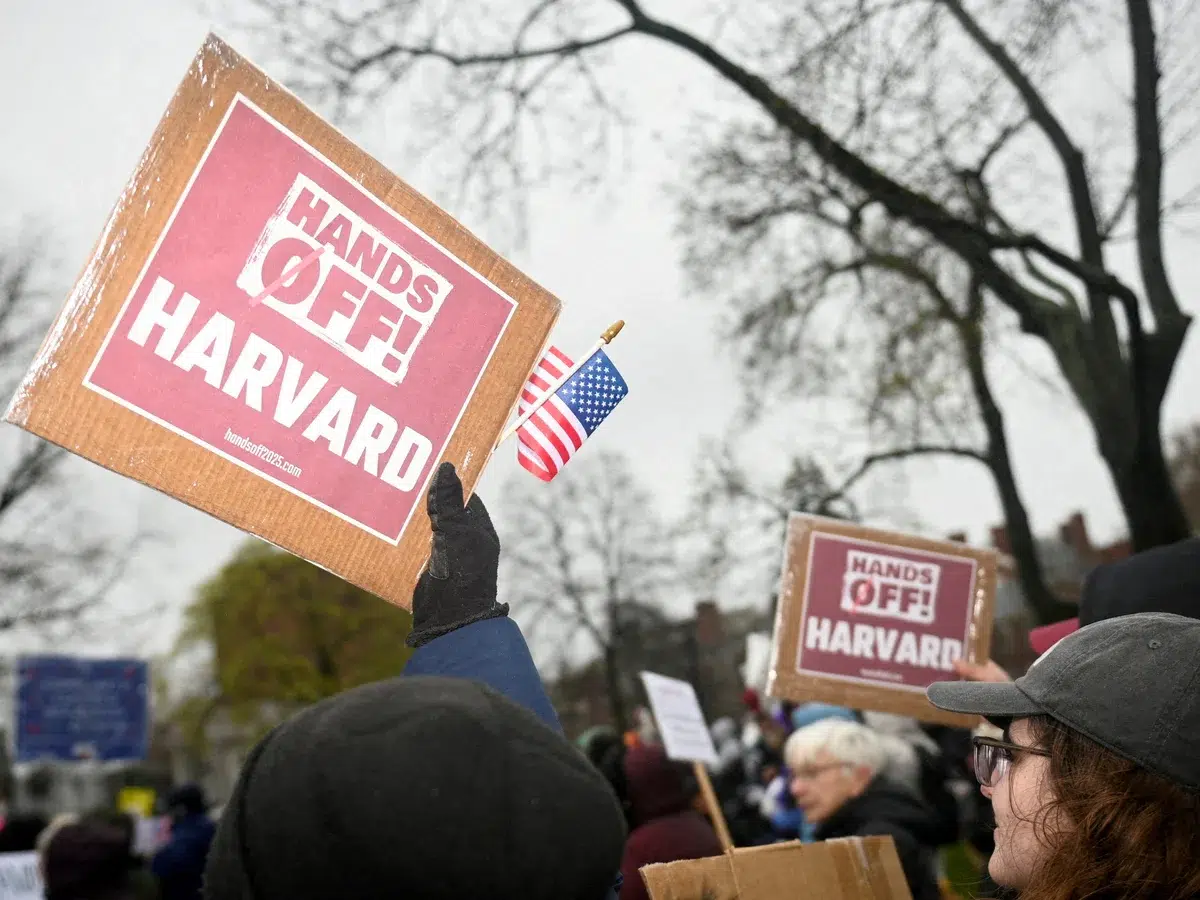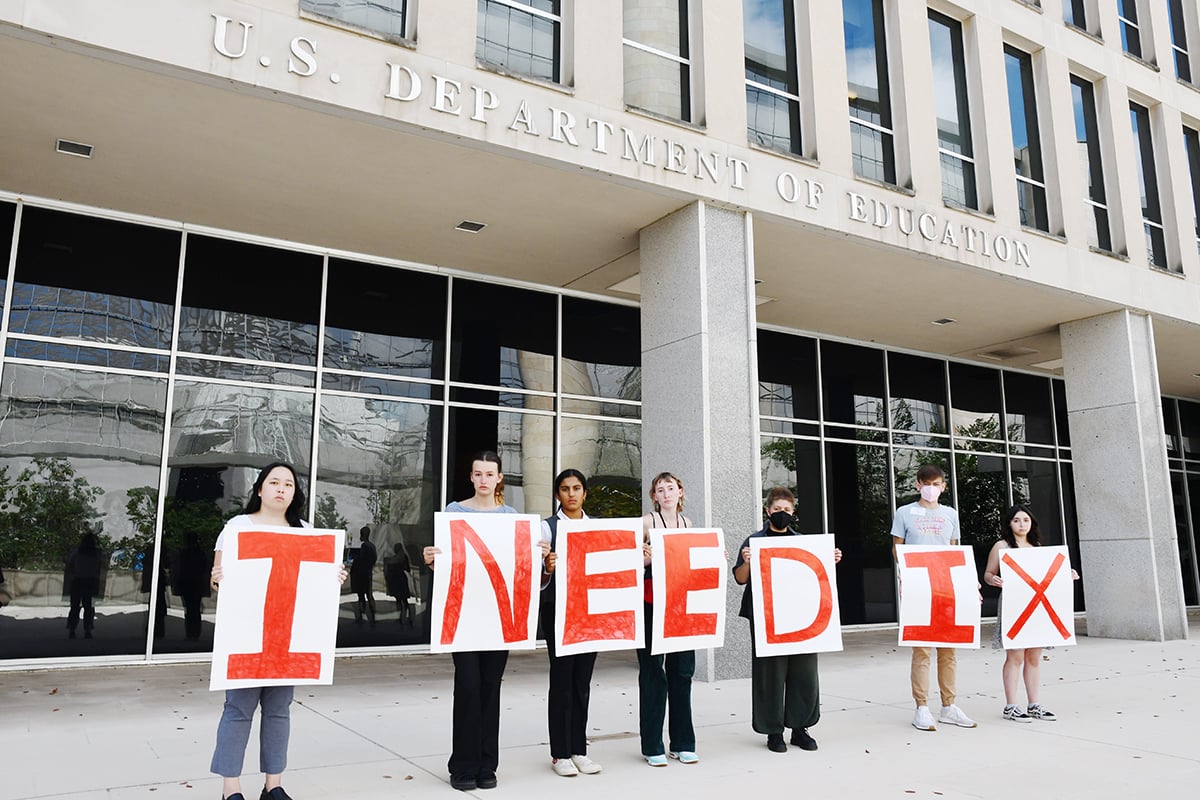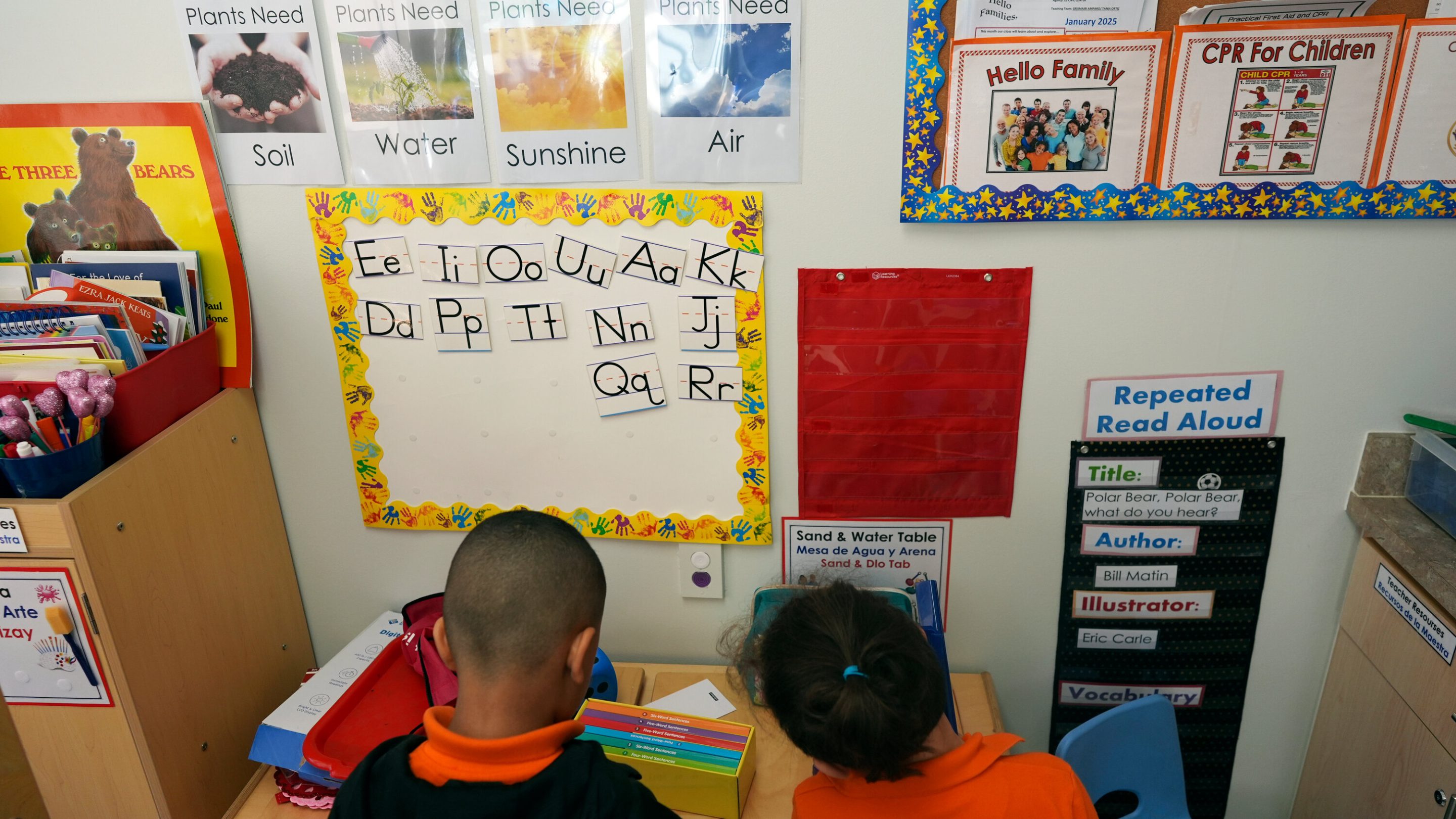USRESISTNEWSMaking Democracy Great Again: A Mission We Take To Heart

Keeping Democracy Alive

2026 Democratic Primary Preview Series
Profiles of Democratic candidates in 2026 state congressional elections.

Latest USRESISTNEWS and Analysis

Civil Rights

Elections & Politics

Foreign Policy

Foreign Policy
Breaking the Chains: Niger’s Pivot from Neocolonialism to Sovereignty (Foreign Policy Brief #224)
The July 2023 military takeover in Niger, led by General Abdourahamane Tchiani and the National Council for the Safeguard of the Homeland (CNSP), marked a significant setback for democratic governance in the Sahel. However, the removal of President Mohamed Bazoum must be viewed not merely as an isolated authoritarian power grab, but as a catalyst for a profound geopolitical realignment. In the two years since the coup, the CNSP has systematically dismantled long-standing security frameworks, resulting in the expulsion of French forces in late 2023 and the complete withdrawal of United States military personnel and the closure of key drone bases by September 2024.
The Week That Was: Global News in Review (Foreign Policy Brief #223)
Ukraine’s government has agreed to the core parts of a peace deal brokered by the Trump administration to end the now nearly four year long war. US officials have been meeting with both the Russians and Ukrainians in order to secure an end to the war. The plan was presented as a 28 point peace plan but upon revision by the Ukrainian side has been revised to a 19 point peace plan that no longer includes items such as amnesty regarding acts committed during the war. Ukraine as part of the deal has agreed not to increase the size of its military and will not join NATO under the updated plan.
Should Transgender Athletes be Allowed to Compete? (Foreign Policy Brief #225)
The goal for the IOC now is to create a blanket gender testing policy that would specifically for the 2028 Olympics in Los Angeles. President Trump has been one of the most ardent supporters of policies limiting the participating, or erasing the participation, of transgender athletes in sports at all levels; and has even called for more testing by the IOC ahead of the 2028 Games. President Trump has also made mention of Title IX , a federal law that prohibits sex-based discrimination, as his means of ‘protecting women in women’s sports’ while excluding and perhaps discriminating against transgender athletes. Meanwhile, Democratic lawmakers around the country have fought to create more inclusionary policies. California, currently, allows transgender athletes to participate in sports through the high school level; and their policy is based on gender identity rather than genetics. The Olympics in LA in 2028 are going to be a contentious one to watch on this issue as the stage is being set for inclusive California to be hosting the Olympics who may very well end the inclusionary practices that have been in place since 2000.

Technology

Technology
California’s Landmark AI Regulations Don’t Go Far Enough (Technology Policy Brief #158)
California styles itself as a leader in AI regulation. Two landmark bills were signed by Governor Newsom this year over the usual industry objections. But the bills don’t go as far as safety advocates wanted, and don’t offer sufficient protections to young, vulnerable users.
Zuckerberg Keeps Coming For Your Children (Technology Policy Brief #157)
Complaints about META’s failure to protect children from the ills of social media continue to plague the company. Most recently, unauthorized images of children were used in ads for Meta’s Threads app, and a significant study of the company’s improvements in response to previous concerns criticized its efforts as largely ineffective.
Instead of a Break Up, Google Gets a Slap on the Wrist (Technology Policy Brief #156)
Google’s critics and competitors celebrated a court decision last year that found Google in violation of antitrust laws due to its monopolies over search services and online advertising. Smaller companies, increasingly dependent on search rankings and online ads, simply can’t compete

Environment

Environment
Is Trump trying to dig up the ocean? And what does the rest of the world think? “Seabed Mining” (Environment Policy Brief #185)
In keeping with the administration’s bull-in-a-China-shop approach to the environment, foreign policy, tariffs, and just about every other domestic and international issue, the Trump team now wants to dig up the bottom of the sea.
A Congressional Bill to Improve the Nation’s Water Infrastructure (Environment Policy Brief #185)
The official Environmental Protection Agency (EPA) report states that about 240,000 water main breaks occur each year in the United States. This highlights the urgent state of the nation’s water infrastructure. Rep. Salud Carbajal, D-Calif., introduced the Water Infrastructure Resilience and Sustainability Act (H.R. 5566) on Sept. 26, 2025. Rep. Carbajal, introduced the bill to modernize the aging water systems across the nation.The bill seeks to amend the Federal Water Pollution Control Act and the Safe Drinking Water Act.
Broad, Dramatic Changes Threaten the Environment as Trump Lifts Protections (Environment Policy Brief #184)
Dolphins in New York Harbor, whales breaching off Lower Manhattan, oysters thriving in the waters around New York City, and the Hudson River—long written off as dead—now supports fishing again. These signs of environmental recovery, while miraculous, all could slam into reverse as the latest Trump administration rollbacks take effect.

Education

Health & Gender

Health & Gender
A Review and Analysis of the Health Policies of RFK Jr. (Health & Gender Policy Brief #181)
Robert F. Kennedy Jr., confirmed on February 13, 2025, as U.S. Secretary of Health and Human Services under the Trump administration, launched a sprawling “Make America Healthy Again” (MAHA) agenda targeting chronic illness, food quality, and vaccine policy. His platform positions ultra‑processed foods (UPFs) and environmental toxins as primary drivers of America’s health crisis. Prominent proposals include banning UPFs in schools, nursing homes, and prisons; eliminating synthetic food dyes; restricting SNAP purchases of junk food; and overhauling the quintennial Dietary Guidelines to emphasize whole, minimally processed foods.
Current Abortion Laws and Their Challenge to Bodily Autonomy (Health & Gender Policy Brief #180)
Before the overturning of Roe v. Wade on June 24th, 2022, concerns were raised about the potential effects and consequences it would have on reproductive rights. After the overturning, those concerns have come into fruition, and have not only affected the rights to an abortion, but also the rights to bodily autonomy.
Utah, Fluoride, and the Public Water System Panic
Science is ever-evolving. When new information comes out, it is protocol to test it rigorously and check every assumption along the way. But what happens when the public takes a single new data point as gospel?

Immigration

Immigration
Justice Delayed: The Mounting Crisis of America’s Immigration Court Backlog (Immigration Policy Brief #144)
There are over 3 million cases currently pending in U.S. immigration courts, with the trend steadily rising since 2012, according to Syracuse University’s TRAC project. These cases reflect more than just bureaucratic dysfunction—they represent a failing immigration system. The problem goes beyond inefficient government & red tape; it’s a legal & human rights crisis affecting families, asylum seekers, & entire communities.
How ICE Works (Immigration Policy Brief #144)
Immigration and Customs Enforcement (ICE) was created in 2003 as a component of the Department of Homeland Security to enforce immigration laws inside the United States and investigate transnational crime. Twenty‑two years later, the agency employs more than 20,000 personnel across more than 400 domestic and foreign offices.
Deporting Democracy: The Crackdown on Foreign Student Visas (Immigration Policy Brief #143)
Institutions of higher education are under attack. Since the return of the Trump administration, more than 1,500 international students and recent graduates from over 240 institutions, across at least 45 states and Washington, D.C., have had their F-1 academic and J-1 exchange visas revoked.

Economic Policy

Economic Policy
Economic Crossroads: Are Tariffs Ending North American Relations? (Economic Policy Brief #86)
Since his re-election in 2024, President Donald Trump has reignited a trade war strategy similar to his first term, escalating tariffs against China, Mexico, and the European Union. These tariffs, framed as efforts to “protect American jobs,” have significantly raised the cost of imported goods such as electronics, food, clothing, and raw materials. While intended to support domestic industries, the policy has instead imposed hidden costs on American consumers—especially those from lower-income and marginalized communities.
The Prison-Industrial Complex: Profiting Off Punishment in America (Economic Policy Brief #85)
The prison-industrial complex (PIC) in the United States represents a deeply entrenched system where incarceration is commodified, intertwining the interests of government agencies and private enterprises. This nexus has transformed the U.S. criminal justice system into a profit-driven enterprise, often at the expense of marginalized communities.
Danger in Economic Uncertainty: A Lesson From Trump’s Tariff Policies
The dust is still being settled a month after the U.S. President Donald Trump’s “Liberation Day.” He was never coy about his desire to wield tariffs to achieve his geopolitical goals. Both in his previous administration and on the campaign trail, he promised that they are the way to rebuild American manufacturing and repair trade imbalances.

Making Democracy Great Again
"*" indicates required fields


